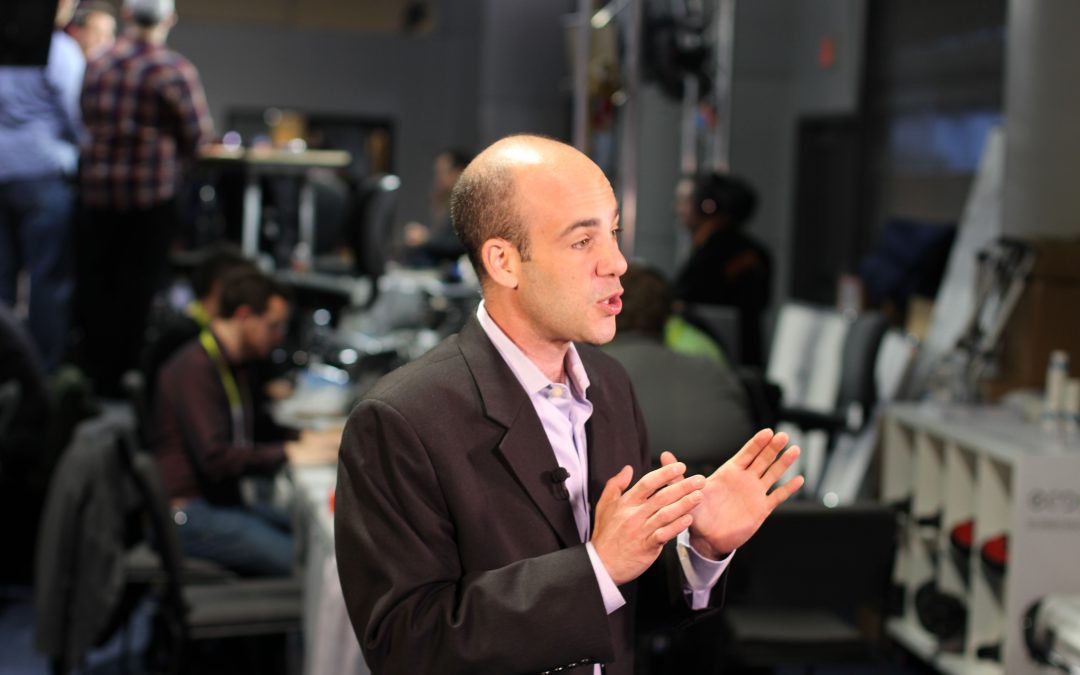What is publicity, and why is it important?
Publicity means building exposure around a product or service you’re offering. If you want people to know about your product or service, publicity is important. It’s a part of public relations after all. Public relations is more than just bring attention to your product or service — it also includes aspects such as crisis control, communicating with investors, and managing reputations. Publicity is often compared to advertising. While the two are similar, there are some fundamental differences. Publicity is almost free, whereas advertising is expensive. Relationships are used to gain support for your business with publicity, whereas with advertising you pay for interest in your business. There’s an old saying that goes “With advertising you pay for it, with publicity you pray for it”. Why pay for interest if you can create buzz around your product or service for free?
The basics of publicity are the following:
- Who are you?
- What do you do?
- Why is it important?
You should ask yourself these questions when you’re starting out. Not only is it important to establish your brand’s identity, but it makes it easier for potential clients to take an interest in your product or service.
There are many benefits of publicity. Aside from the cost-effective factor, publicity also comes with these benefits:
- Creates an identity for your brand
- You build name recognition
- It boosts visibility for your brand
- People will feel compelled to invest in you, buy from you, and do business with you
- You can send a message to your target audience

The good news is that you can be your own publicist. There are dozens of tools you can use in order to let consumers know about your brand. If you want to bring more attention to your product or service, the following tips will help it get the attention it needs. With these tips, you will get more sales for your product or services without spending a fortune on advertising!
- Give reporters a story — When you’re pitching to reporters, bear in mind that they’re busy professionals with a lot to do. Pitch something that’s relevant to the reporter and their readers. You have to tell a story about your product or service to make them interested in creating buzz around it. Stay away from self-promoting or advertising language.
- Have a target for your message — Tailor your message to the relevant audience. If you’re pitching a business selling orthopedic shoes, you have to target those in the medical industry. Find the reasons why your product or service is important to the audience you want to target, then plan your message accordingly. There’s no place for a one-size-fits-all approach.
- Research, research, research — Research will take you a long way. You will gain some insight into your target audience, know exactly what to say to reach them, and know the ins and outs of their industry. This goes double for finding contacts to pitch to; find out how you can get in touch with the key decision-makers. Look for personal email addresses and phone numbers, rather than generic email addresses like hr@company.com.
- Stay in regular contact — Email your contacts with stories that may be relevant to them from time to time. You could take it a step further and introduce them to people who are important contacts to have in their back pocket. Not only will your emails get read, but you’re also making an effort to build relationships that will help you get your product out there. Nobody likes a fairweather contact.
- Technology is your friend — Technology and social media have made it so much easier to gain publicity for your service. A tweet on Twitter, an Instagram post, a Pinterest pin, or a Facebook post can go so far. What’s so good about this tip is that most technological tools are low cost, meaning you can get attention for your brand for next to nothing!
- Build relationships with communities — A big part of publicity is cultivating relationships with audiences. This is much easier to achieve online, as there are a plethora of communities that can be found online. These communities will follow the advice of bloggers and podcasters, use the goods and services recommended, and attend certain events. If you don’t build relationships with your audience, no one will know about your product or service. It’s as simple as that.
- Become a one-person advertising agency — In publicity, it’s important to celebrate your strengths. Let people know how good your product or service is. Tell people who you are, how your brand can help them, and what you have to offer. Remember that you are the product, so it’s up to you to sell yourself. People are drawn to familiar brands — when you sell yourself, you’re building an image of familiarity in the consumer’s mind. If you don’t uplift yourself, who will?
- Recognize when no means no — When it comes to following up with contacts, it’s one thing to be persistent. But being pushy is another thing. When a reporter is not interested in your pitch, thank them for the time and keep it moving. Don’t bombard your contact with loads of pitches either — they’ll get ignored and you’ll run the risk of alienating contacts.
I’ve given you these tips so that they will help you promote your product or service. They are all easy to put into practice, like tweeting on Twitter or emailing reporters about a service you’re offering that’s relevant to their industry. Compared to advertising, publicity is a more cost-effective way to create buzz around your product or service.
Above all, publicity is a mindset. You need to be constantly looking for opportunities where you can promote yourself. When you’ve successfully brought attention to what your business is offering, potential clients will see what you have to offer, and it will lead to sales for your business! When you become your own publicist, it will open doors you never thought could be opened! Let’s get started!

Jill Lublin is an international speaker on the topics of Radical Influence, Publicity, Networking, Kindness, and Referrals. She is the author of 4 Best Selling books including Get Noticed…Get Referrals (McGraw Hill) and co-author of Guerrilla Publicity and Networking Magic. Her latest book, Profit of Kindness went #1 in four categories. Jill is a master strategist on how to position your business for more profitability and more visibility in the marketplace. She is CEO of a strategic consulting firm and has over 25 years experience working with over 100,000 people plus national and international media. Jill teaches a virtual Publicity Crash Course, and consults and speaks all over the world. She also helps authors to create book deals with major publishers and agents, as well as obtain foreign rights deals. Visit publicitycrashcourse.com/freegift and jilllublin.com


Recent Comments